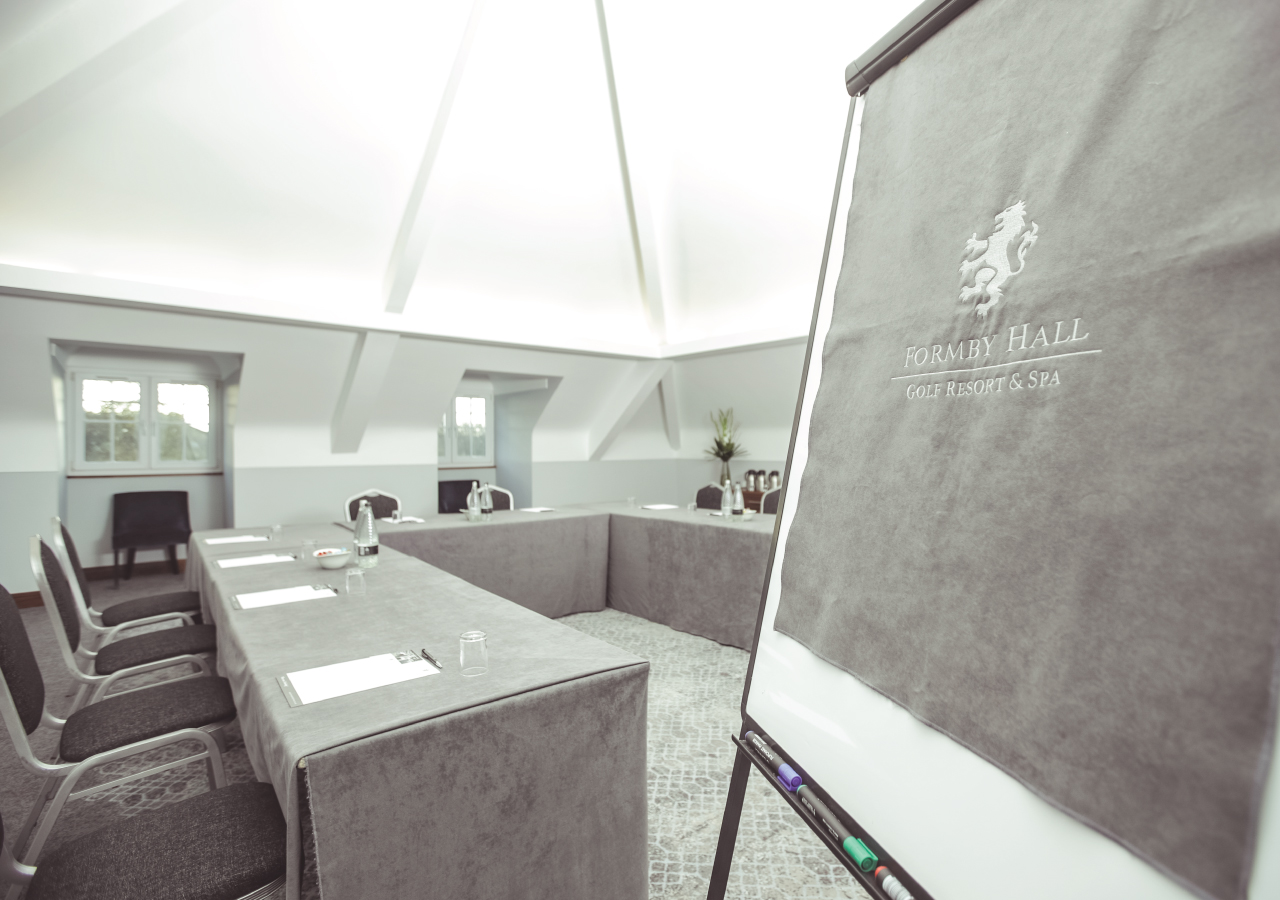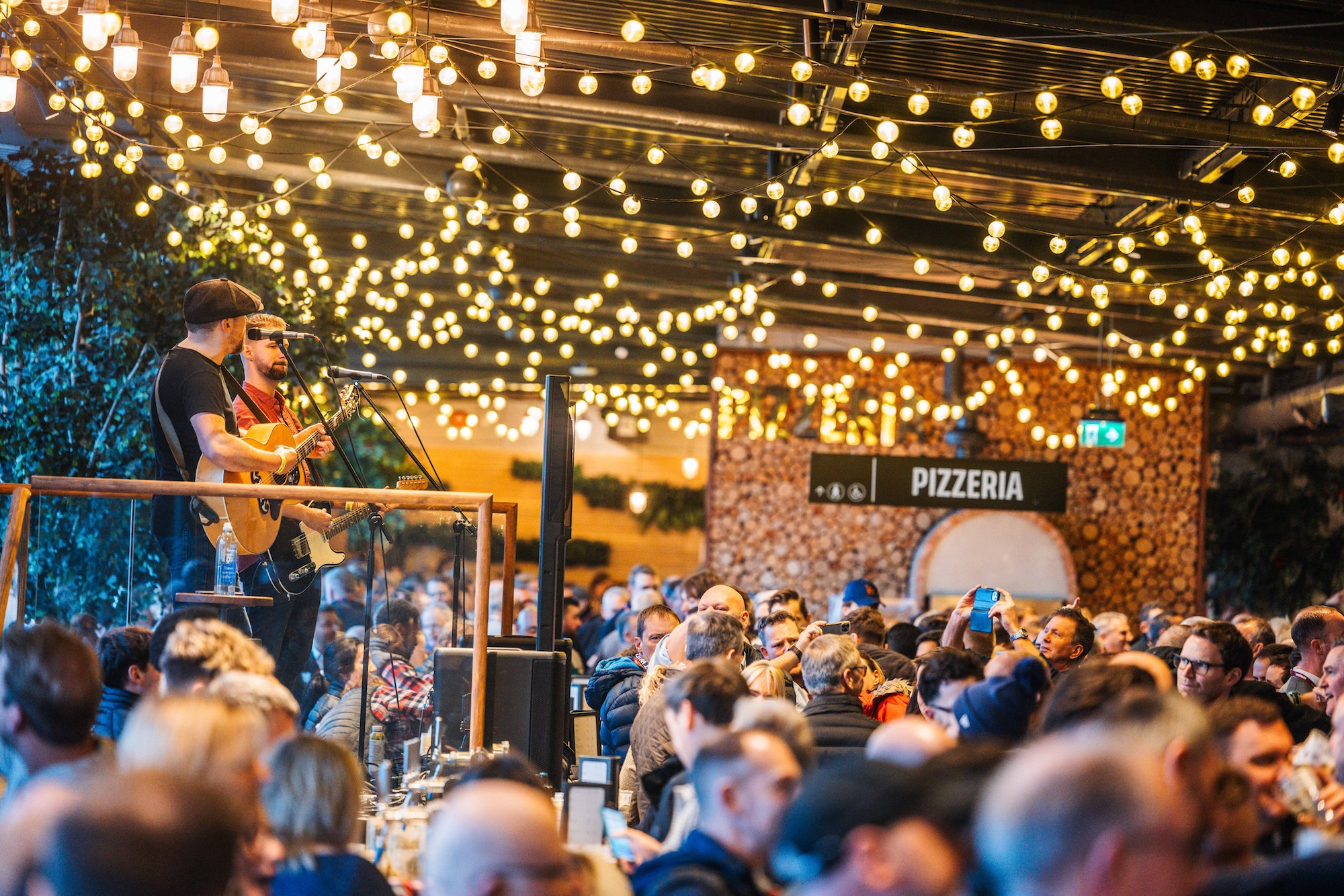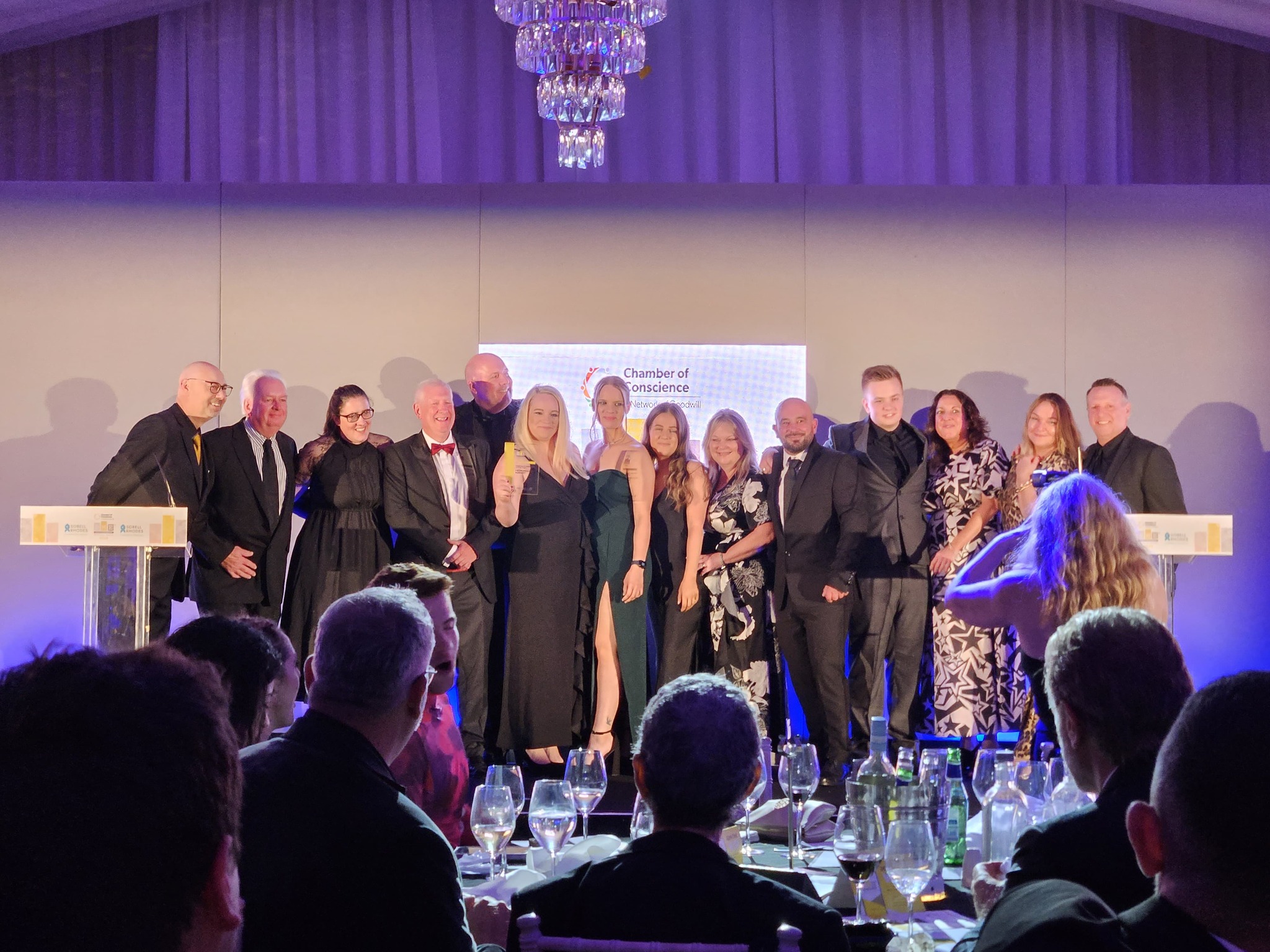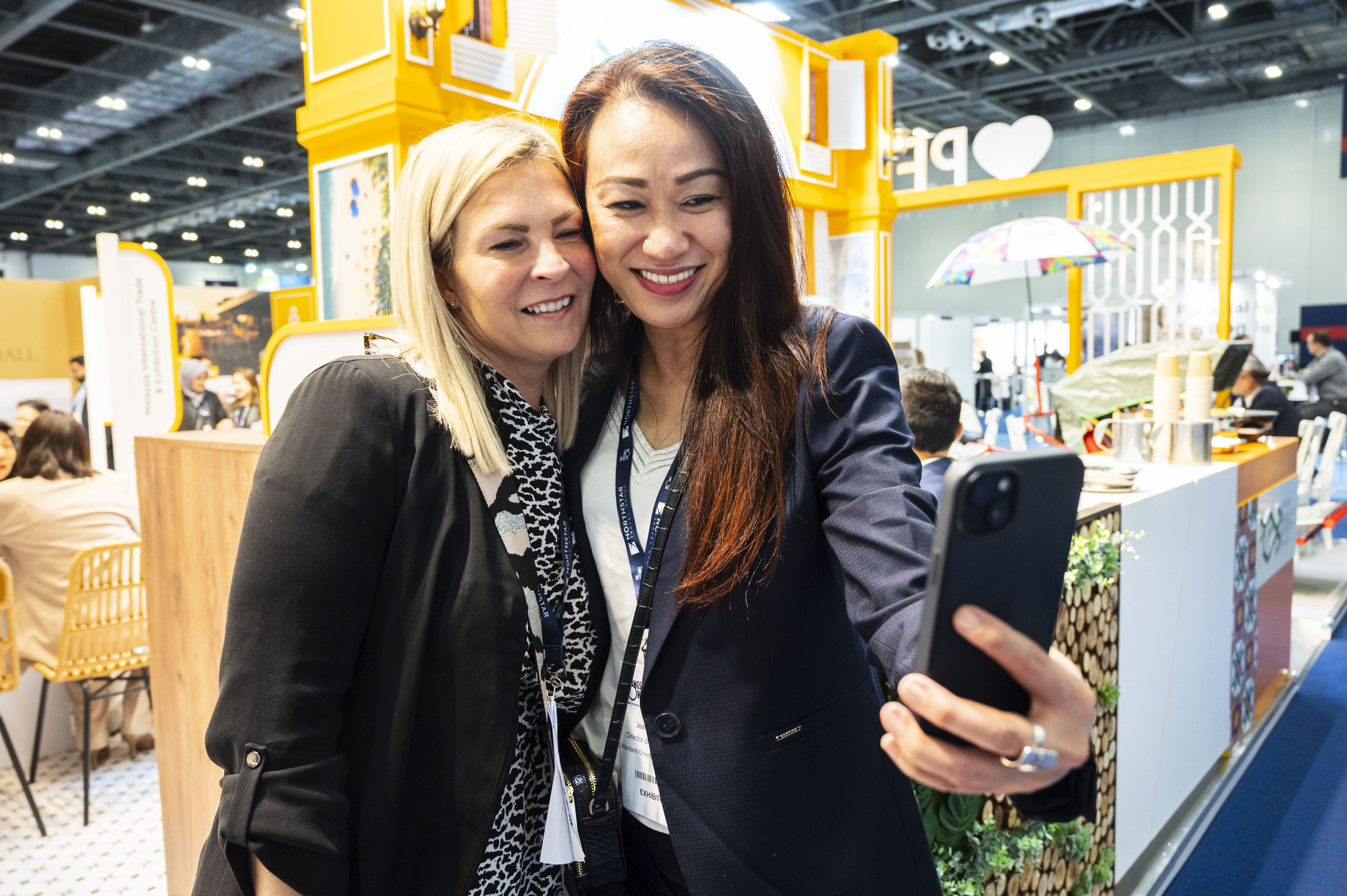Sodexo, a leading food and facilities management company, has outlined practical approaches to embedding sustainability into foodservice at a top industry event.
Thomas Jelley, Sodexo’s Corporate Citizenship Manager, and Tamsin Gane, Sustainable Procurement Manager for its UK & Ireland business, were keynote speakers at a forum entitled “How to Embed Sustainability in a Catering Business” organised by the British Institute of Facilities Management (BIFM).
They outlined Sodexo’s award winning sustainability strategy to 2020, the Better Tomorrow Plan, which recently saw the company become the first in foodservice to serve Marine Stewardship Council sustainable fish across all of its restaurants and cafés in the UK.
The event, which was hosted by Sodexo, took place at the Churchill War Rooms in London and was attended by representatives from catering and facilities management companies, public bodies, corporates, campaign groups and the media. Prestige London*, part of Sodexo’s fine dining, corporate staff catering, hospitality and events division, Sodexo Prestige, provided the hospitality for the event including a menu of seasonally sourced items which showcased sustainability and the farming heritage of Great Britain.
Simon Biggs, Chairman of BIFM’s Catering and Hospitality Special Interest Group, said: “Sustainability is the challenge of our times. Companies have carbon footprint targets to achieve and they face financial penalties if they fail to meet them. So sustainability has increasing bite from an organisational perspective, especially for the facilities management companies.
“There is often a short term cost to businesses as they embrace sustainable food practices, but there is a far greater cost for all of us in the medium and long term future if they don’t. For instance, if companies don’t adopt a strong policy on sustainable fish, then we simply won’t have any in the future or the small volume left will be prohibitively expensive.
“It is thought that between 20 and 30 per cent of greenhouse gas emissions from human activity are attributable to our food and agriculture systems. When managed effectively, catering businesses can send the demand signals that are necessary to move towards more sustainable food and agriculture systems.”
Thomas Jelley said: “This was a very well attended event which in itself is evidence of how seriously the foodservice industry is taking sustainability. There is a real appetite for exploring all possible means of embedding best practice into the fabric of foodservice.”
Tamsin Gane said: “I work on many of the issues discussed on a daily basis and was thrilled to see how many people are eager to understand them so that they can take the right steps to embed sustainability in their own foodservice operations.”
Jon Walker, from Sustain, The Alliance for Better Food and Farming, who was also a keynote speaker, said: “Restaurants and caterers can have a huge influence on the way food is produced and consumed and its effect on the environment through principled buying policies and working with suppliers to improve their sustainability.
“Those that commission services from contract caterers must give the same focus to food as they do to reducing energy use and specifying recycled paper. Good corporate responsibility means incorporating sustainable food policies into business plans, making sustainable food a point of competitive advantage. We know the solutions, we have the evidence that these are viable and that consumers welcome them. There is no longer any excuse not to specify, serve and celebrate good food."
Phil Hooper, Corporate Affairs Director, Sodexo UK & Ireland, who also spoke at the event, said: “Sodexo is a member of BIFM and we were very proud to host this event at one of our most famous Prestige London sites. We are passionate about sustainability and have been taking significant steps to make sure sustainability is part of everyday business for us.”
*Prestige London provides catering, hospitality and event services at the Churchill War Rooms in London.






